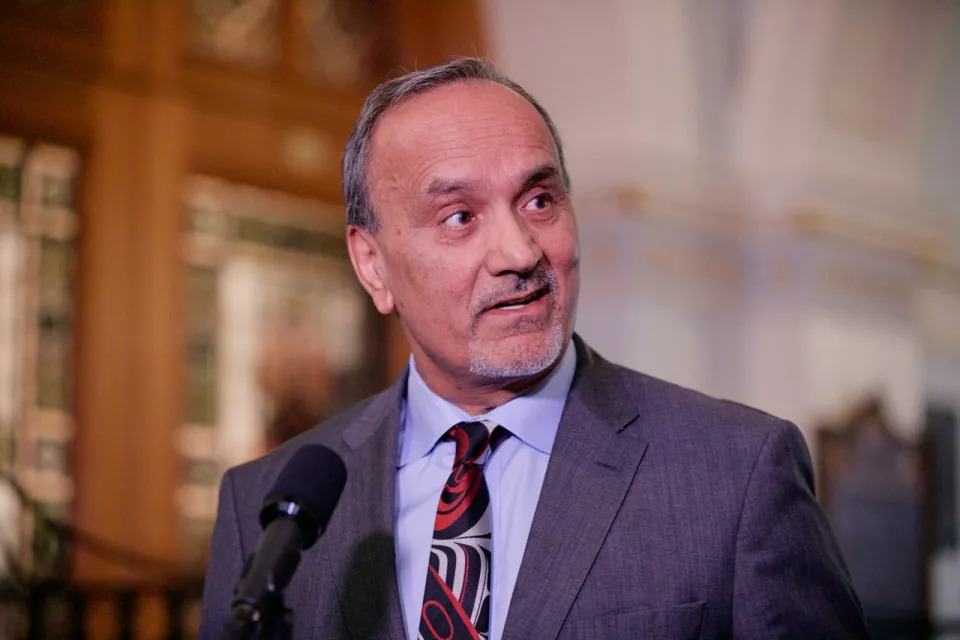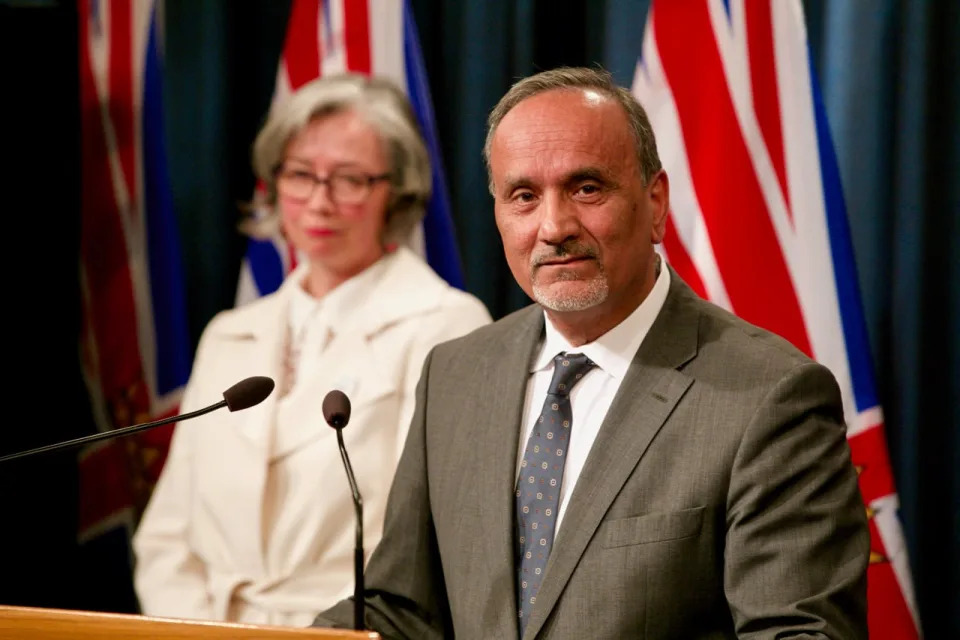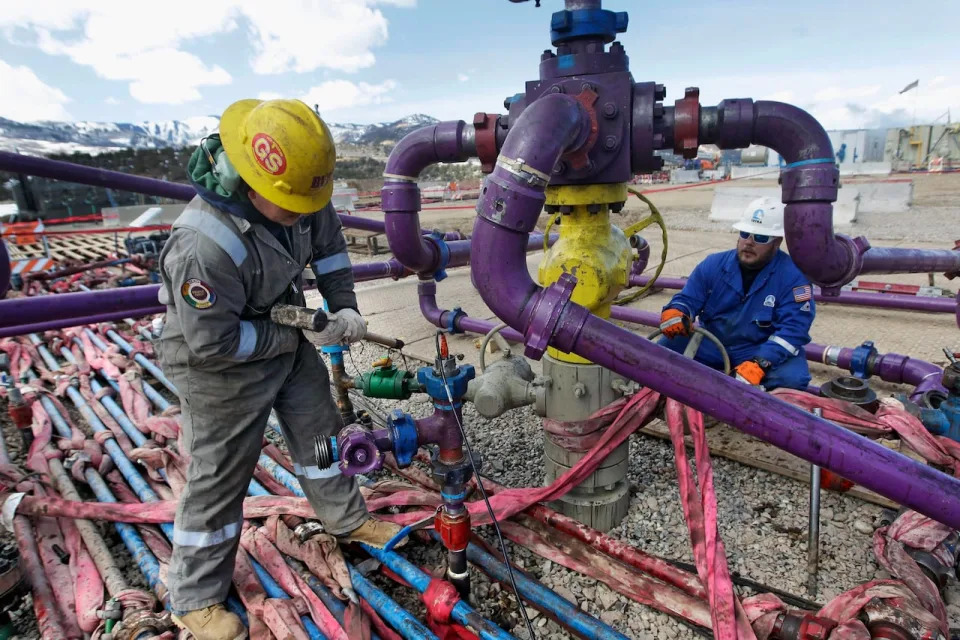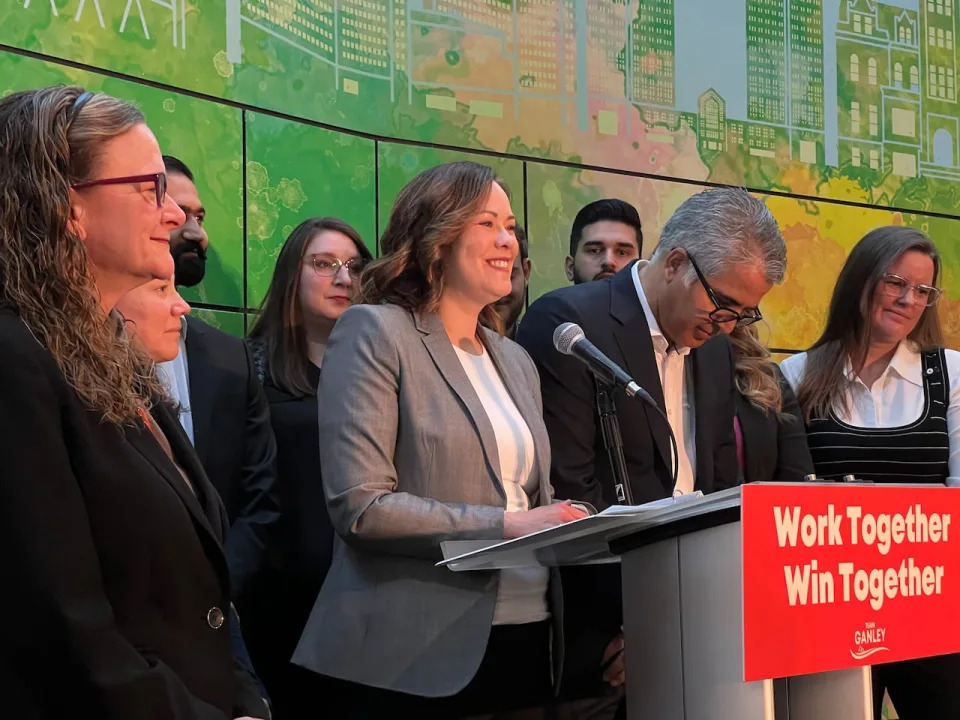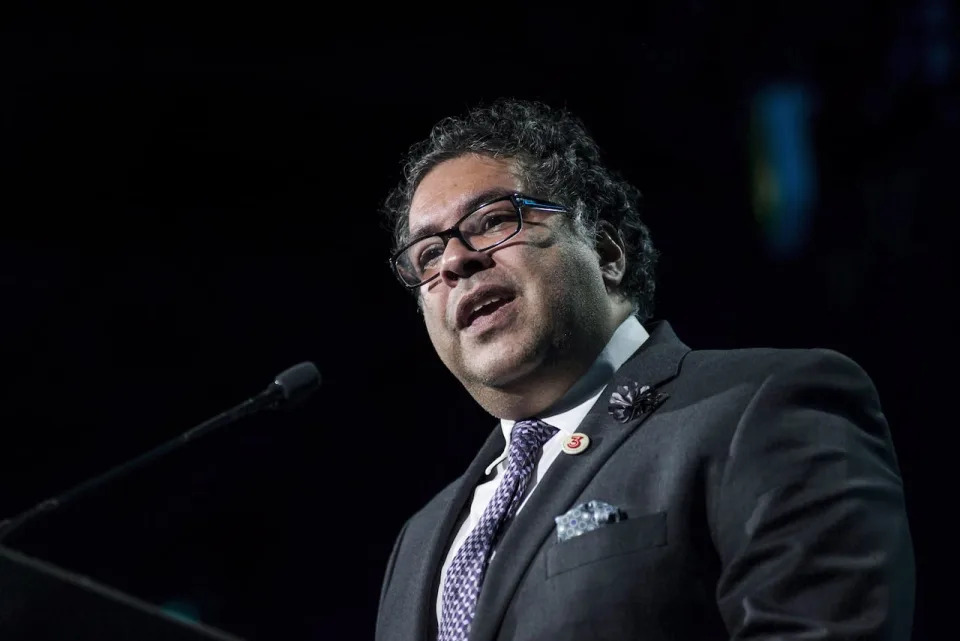David Welch
Tue, February 6, 2024
(Bloomberg) -- Hertz Global Holdings Inc. is looking to cut costs after it missed analysts’ fourth-quarter estimates as it sold down its fleet of Tesla Inc. electric vehicles.
The rental car giant reported Tuesday that it lost an adjusted $1.36 per share, worse than the 76-cent loss analysts’ projected for the quarter, swinging from a 70-cent profit in the previous quarter and a 50-cent profit a year ago.
The drop into the red follows the company’s decision to offload 20,000 Tesla EVs, about one-third of its electric fleet, saying it lost money renting them out. Chief Executive Officer Stephen Scherr said in an interview that Hertz also plans to cut $250 million in other costs, which may include layoffs, with a total restructuring that should show better results starting in the second half.
“The company clearly took on more EV exposure than where the market otherwise took us,” Scherr said. “The decision we made in the fourth quarter to make a pivot on EV sets us up for a transitional year that’s achievable. We’ll spring into 2025 a better company.”
The company’s shares fell 5% at 9:35 a.m. New York Tuesday. Hertz fell 21% this year as of the close on Monday.
Hertz’s course correction on EVs is a blow to Scherr and the company’s strategy of becoming an early adopter of EVs. That move was undermined by high repair costs, a series of price cuts by Tesla and an industry-wide slowdown in sales growth of battery-electric models.
The company is one month into a 12-month plan to sell off the 20,000 Teslas, which resulted in a $245 million charge last year. Longer term, Scherr said, EVs will be the direction of travel, he said, but for now, not all consumers are ready to make the switch.
Whether Hertz sells more Tesla vehicles next year and buys new EVs will depend on demand both at the rental counter and in the vehicles market, he said.
“Hertz bought more EVs than near-term demand would justify,” he said. “We’re in the consumer business. We’re in the business of providing ease of use. To the extent that some people find EVs more difficult to use, not as convenient a car as others, we’re giving people a choice.”
Scherr said Hertz’s cost cuts will be across the board, looking at head count and examining the company locations and possibly closing some that don’t meet profit expectations.
The company saw pressure in other areas. Used-vehicle prices fell 10% in the quarter, Scherr said, which resulted in depreciation per unit in its gasoline-powered fleet rising to $350 a vehicle per month, up from $282 in the third quarter of last year.
Interest rates hit profits as well. Hertz’s fleet interest expense soared to $91 a vehicle in the fourth quarter, up from $55 a vehicle in the fourth quarter of 2022.
Hertz reported quarterly revenue of $2.18 billion, largely in line with analysts’ expectations for $2.16 billion.





